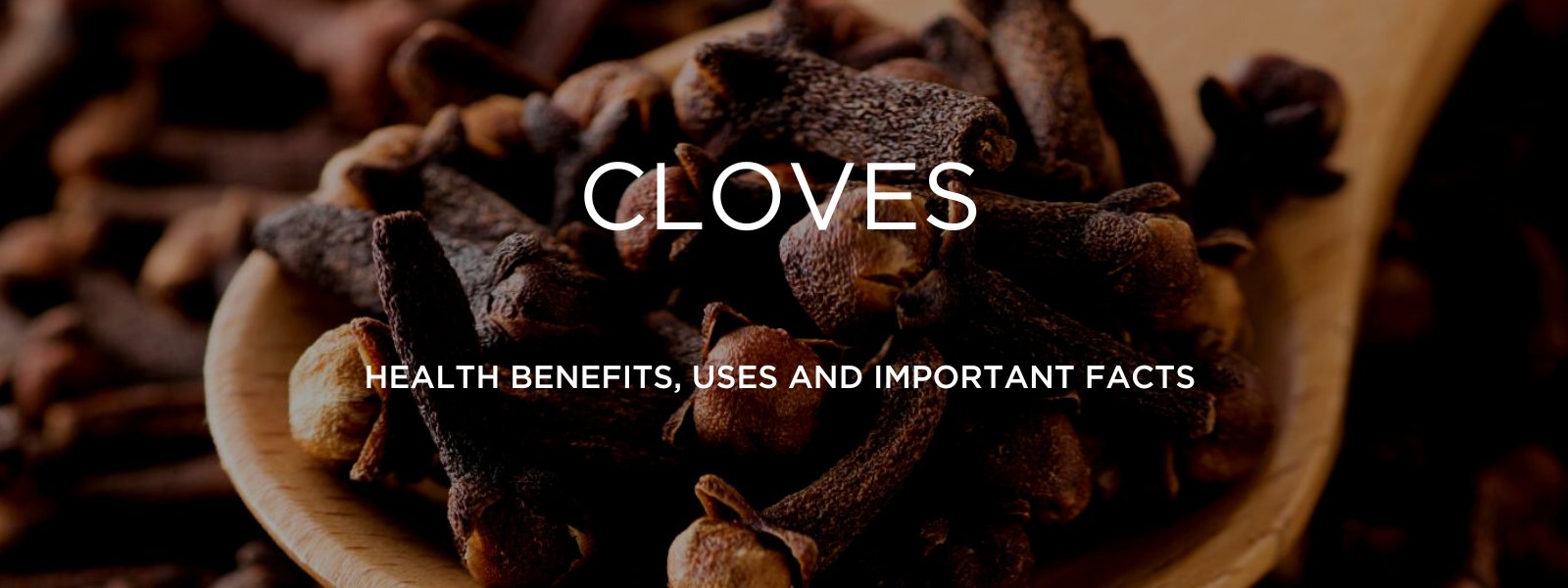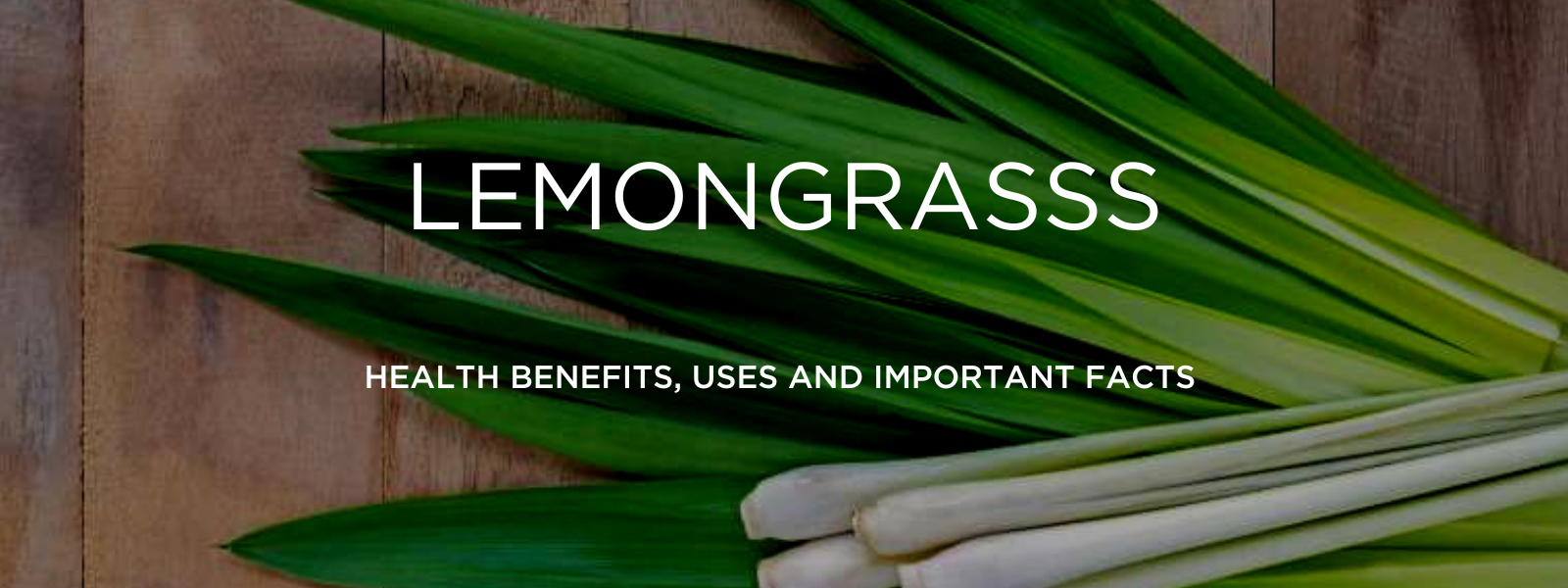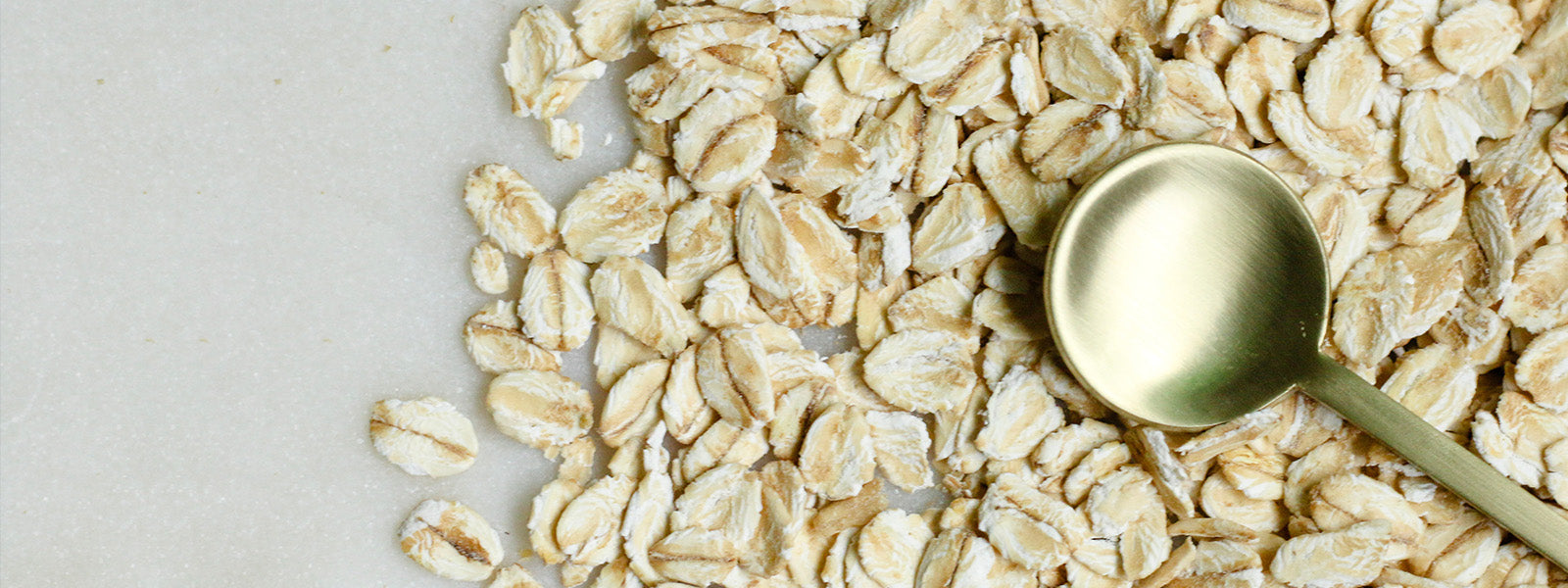Do you feel bad if you put sugar in every cup of tea you prepare for yourself, especially in the mornings when you need a little additional caffeine to get going? The good news is that you no longer have to rely on sugar to sweeten your tea since there is a healthy option that offers tonnes of advantages, like immunity strengthening, sore throat relief, and preventing dental issues. In addition to the numerous advantages, adding mulethi or licorice to your regular cup of tea may offer fantastic flavour while also gently sweetening it.
Along with several advantages, mulethi or licorice may be added to your regular cup of tea to give flavour and sweetness. Although it is not as sweet, with each drink the sweetness increases to a noticeable level.
Table of Contents
About Mulethi:
Mulethi is a perennial plant that may be found across Asia and Europe. It has been used for many years, particularly in Ayurveda. Due to the extract's inherent sweetness, it is frequently employed as a flavouring additive in addition to pharmaceuticals. Also known by its scientific name Glycyrrhiza glabra, mulethi is used for treating coughs, sore throats, boosting vigour, and even enhancing fertility. Mulethi is described by Ayurveda as being frigid, difficult to digest, and sweet. It should only be consumed in moderation, though, since consuming too much of it might have negative consequences.
Health benefits of mulethi:
Read on to find out the numerous health benefits of this miraculous herb.
Mulethi boosts immunity:
Mulethi is proven to improve immunity when taken regularly. The body produces lymphocytes and macrophages, which are the body's natural defences against bacteria, pollutants, allergens, and cells that cause autoimmune illnesses, with the aid of the enzymes found in the roots of the licorice plant. Use 200 grams of tea leaves and 10 grams of crushed dried licorice plant roots to make your standard cup of chai.
Mulethi helps control cholesterol level:
Licorice root contains antioxidants that dilate blood vessels, prevent the buildup of plaque in arteries and veins, and control blood fat levels. To benefit from mulethi tea, consume it frequently. To make this combination, boil 10 grams of dried root in 300 ml of boiling water for 15 minutes.
Mulethi helps in curing cough and cold
An age-old cure for sore throat is to chew on mulethi sticks. Its expectorant and bronchodilator qualities are beneficial for treating illnesses like bronchitis, asthma, dry cough, and whooping cough. Mulethi tea and 12 teaspoons of ginger juice can be used to relieve bronchial and asthma symptoms. Mix 1 teaspoon each of ginger, cinnamon, and mulethi powder with 1 cup of boiling water, add honey, and drink this concoction once or twice a day for a cold.
Mulethi boosts fertility in women
Mulethi enhances the likelihood of conception by lowering testosterone levels in PCOS-affected women. Mulethi is an effective treatment for menstrual cramps due to its oestrogen-like characteristics and antispasmodic qualities. The hormone-regulator mulethi tea is also advised for people experiencing menopausal symptoms.
Mulethi aids in digestion:
Mulethi protects stomach and peptic ulcers, reduces constipation, and has antiviral, anti-inflammatory, and antibacterial activities. It also supports the mucosal health of the digestive system. Drink tea brewed with one cup of boiling water, one teaspoon of jiggery, and one teaspoon of crushed mulethi, steeped for three to five minutes.
Mulethi helps maintain skin health:
Mulethi is an emollient that promotes the health of the skin. To prevent de-pigmentation, combine powdered mulethi with milk for dry skin or rose water for oily skin. Mulethi powder can be used in bath water to relieve skin rashes.
How to consume mulethi:
If you are experiencing nausea or a cold, all you need to do is boil the root to prepare a tea. Try gargling with the cooled liquorice tea to preserve oral health. So go ahead and prepare your stock of mulethi for the next winter days and remain healthy.
Put a little bit of mulethi stick between your teeth and continue to chew it. It is well recognised for relieving symptoms like cough and bronchitis because of its expectorant and bronchodilator characteristics. You can add ginger juice to mulethi tea instead of chewing on mulethi sticks if you want.
Mulethi tea:
Ingredients:
- 2 tsp black tea leaves
- 2 cups water
- Sugar
- ginger, grated
- Milk (optional)
Steps:
- Take a pan and heat the water over high heat.
- Add the sugar, mulethi, and grated ginger once the water begins to boil.
- Keep the pan covered and cook the mixture for 2 minutes.
- Strain the mixture and serve.
Precautions while consuming mulethi:
Limit your daily intake of mulethi tea to no more than two cups.
-Patients with diabetes and liver diseases should not frequently take it.
-Heart patients who are on medication should speak with their doctors before frequently utilising mulethi.
-Use of mulethi is not recommended for pregnant women or those with high blood pressure.









Leave a comment